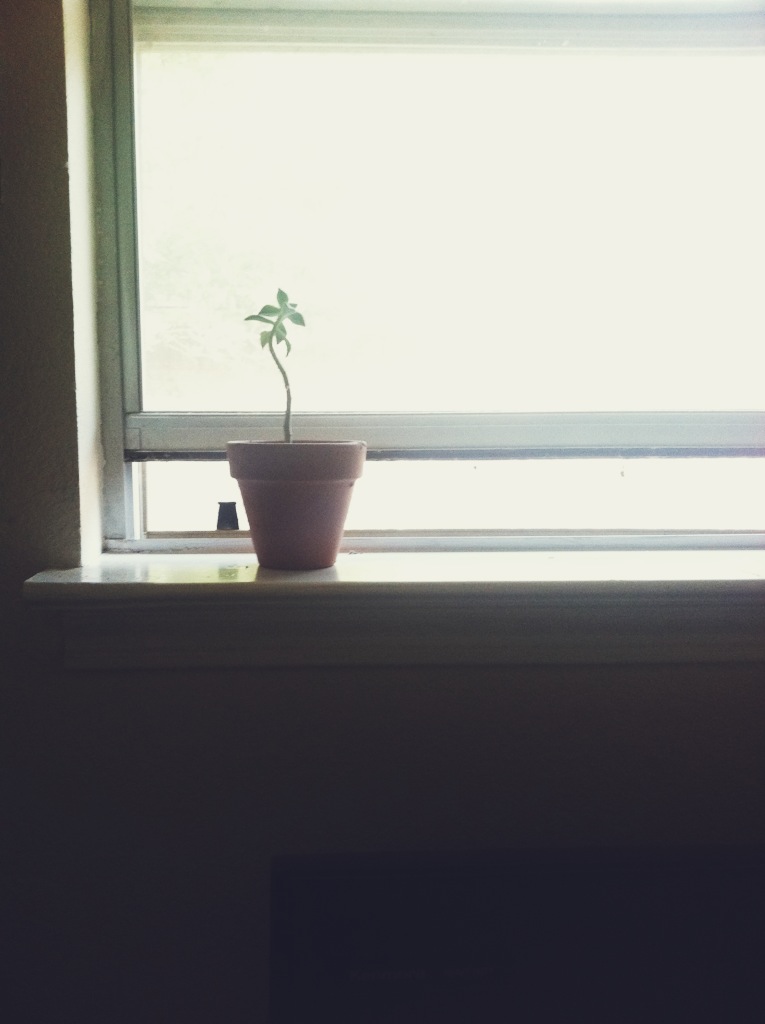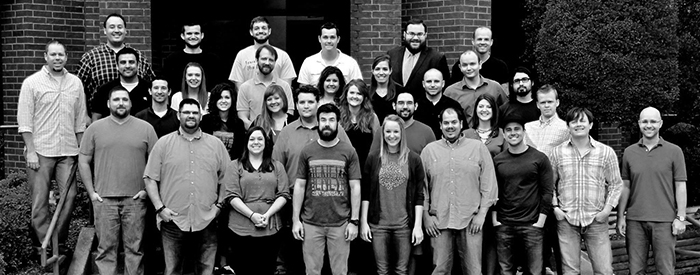Still Discipleship
When I was in my teens, before I knew much about the gifts of the Spirit, I heard about a church that was offering classes on how to speak in tongues. It was right there in the bulletin, alongside classes in how to train up your children in the way they should go and five secrets to a healthy marriage. Those classroom doorways were portals, keyholes really, through which the unlocked troves of Christianity sat waiting for our eager minds and hearts. Do this, then that. But I did this, and then that didn't happen. I tried to put God in my debt and all I got back was a cold, hard heart that loved pragmatics and hated the Lord. It took years of course, a lifetime really, but winter came slowly, binding me in fear and mistrust, the death of my faith.
Discipleship is a baggage laden word for me. It smacks of mathematic certainty and promises that never seem to deliver. Yet I can't run far from the call of Christ to his disciples to make disciples. If I am his follower, I am to make followers. But like the poet, Emily, I dwell in possibility. There is no formula, no key or keyhole, no class or potion to create a disciple—there is only a grand expanse of faith and all its possibilities.
After decades of wringing my hands and white-knuckling my sin, attending classes to unlock the secrets to everything good, I live with my palms open these days. Finances, friends, future—it is better that I not have a plan for where they head. And discipleship is much like that as well.
. . . . . . . . . . . . . . . .
Here is what I know about following: following means there is someone who is leading, and every follower is a leader of sorts. And even leaders must trust the one they're following. There is a great deal about discipleship that is nitty gritty, hand to the plow, but there is also much about discipleship that comes in the mundane, the day by date, the monotony of life as normal, being still, being quiet, trusting the process rather than the principles, trusting the questions will be answered by a sovereign God who leaves nothing undone.
. . . . . . . . . . . . . . . .
I have been thinking of Jesus these days. We see him at age 12 in the temple and then at age 30 with the onset of his public ministry. But what was he doing in those 18 years? Son of a carpenter was sweeping sawdust, learning his father's trade, learning Torah, serving his mother, serving his siblings. He was the Son of God, yes, but he was also the Son of Man and he humbled himself to the humblest things. He did what he saw his Father doing, his food was to do the will of him who sent him. He, the leader, followed.
Following is unpopular these days. We Christian kids either got washed up on mega-churches and tongue-teaching classes, or we seek hope in a messiah-pastor type thinking maybe he has the words of eternal life.
The truth is Christ alone has the words of eternal life. The real work of discipleship is believing that and then being faithful to keep believing it, every day. The real work of discipleship is trusting that beyond all the classes and books and soundbites and blog posts, the Father, the Son, and the Holy Spirit are the only perfect leaders. And will be until the end of the age.















